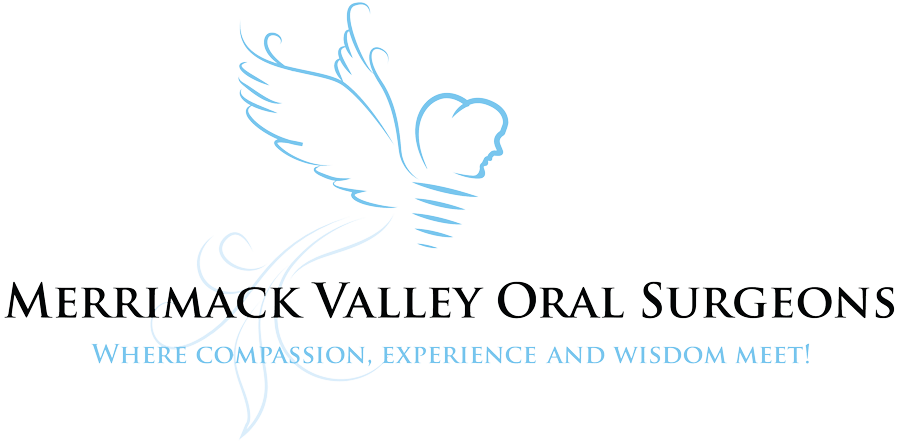Sleep Disorders

Sleep apnea is a disorder in which one experiences one or more pauses in breathing or shallow breaths while you sleep.
Sleep apnea is an ongoing condition that disrupts sleep. When breathing is paused or becomes shallow, one will often move out of deep sleep and into light sleep, making the quality of sleep poor.
Sleep apnea can be treated with lifestyle changes, mouthpieces, breathing devices, and/or surgery.
For mild sleep apnea, a custom fitted mouthpiece or some lifestyle changes (weight loss, smoking cessation, clearing nasal passages) may be helpful.
For moderate to severe sleep apnea, a breathing device called CPAP (continuous positive airway pressure) or surgery to widen the breathing passages by shrinking, stiffening, or removing excess tissue in the mouth and throat or resetting the lower jaw may be helpful. A CPAP machine uses a mask that fits over your mouth and/or nose and gently blows air into your throat. This air pressure helps keep your airway open while you sleep. Surgery to shrink the tissue involves a small shot into the breathing passages. Surgery to stiffen excess tissue requires a small incision in the tissue and the insertion of a piece of stiff plastic.
